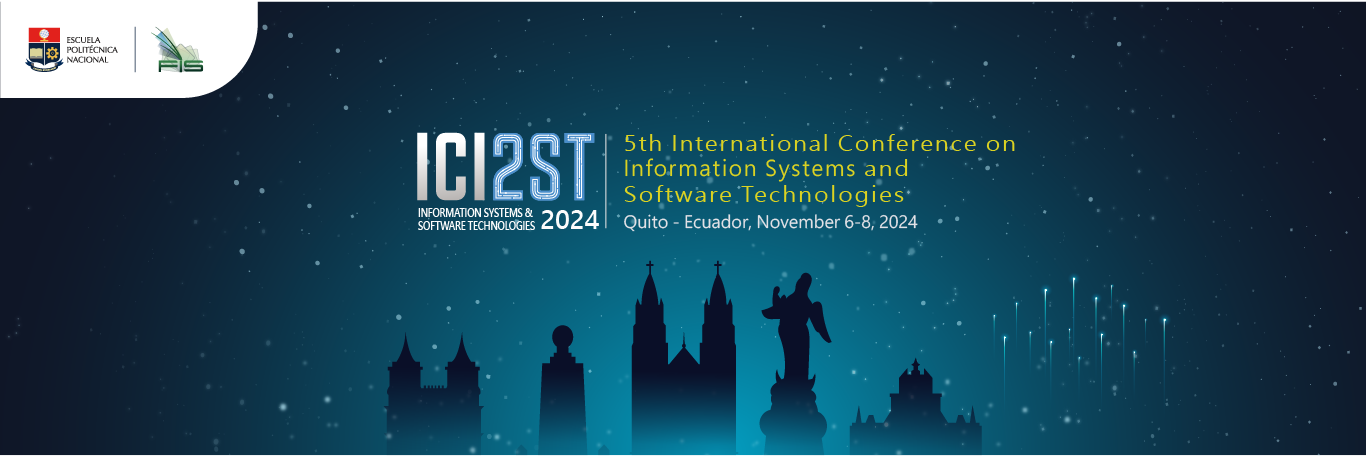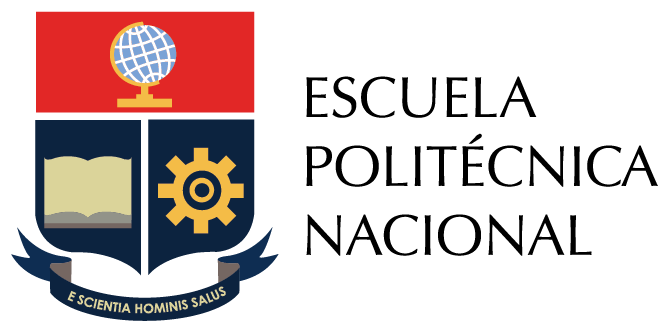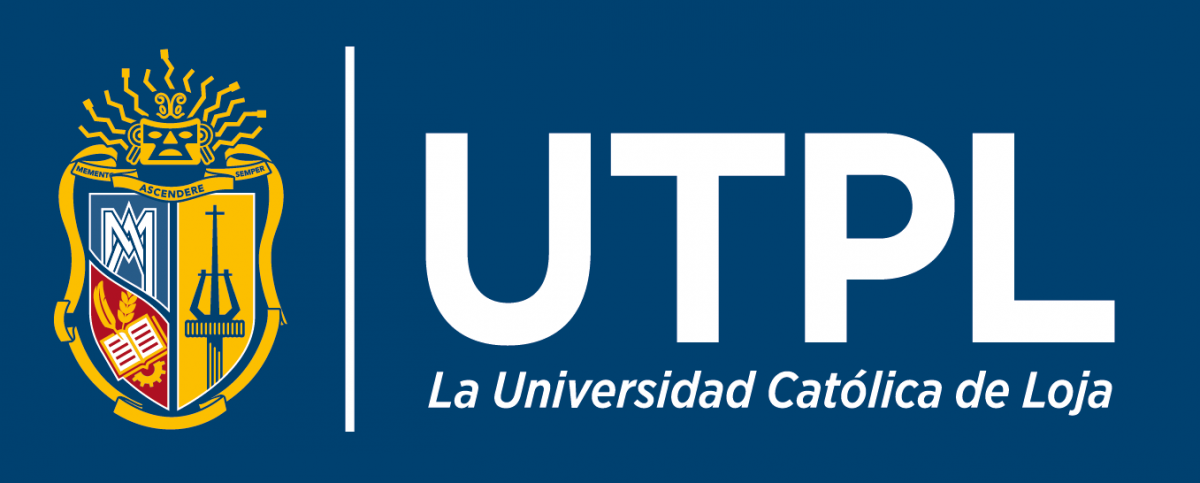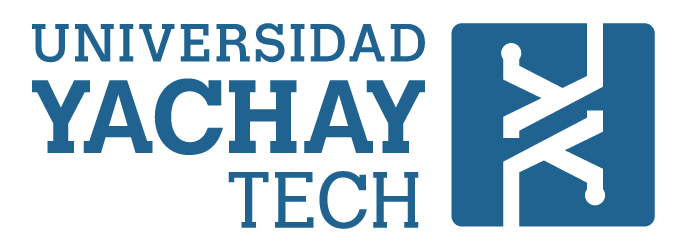Dr. César Guevara
Universidad Indoamérica
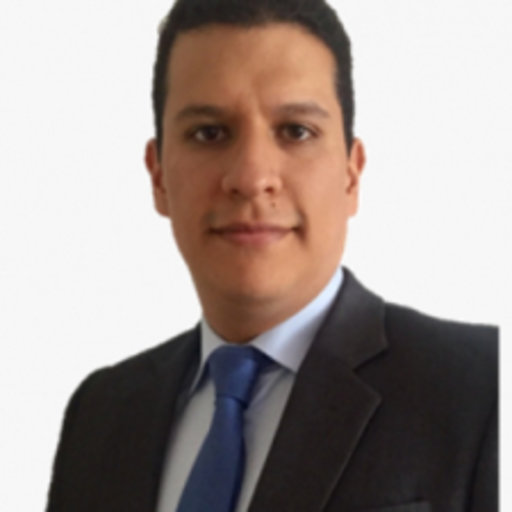
Conference theme:
Algorithm for Preventing the Spread of COVID-19 in Airports and Air Routes by Applying Fuzzy Logic and a Markov Chain
Abstract:
Since the start of COVID-19 and its growth into an uncontrollable pandemic, the spread of disease through airports has become a serious health problem worldwide. This study presents an algorithm to determine the spread risk in airports and air routes. Graphs are applied to model the air transport network, and Dijkstra's algorithm is used to generate routes. Fuzzy logic is applied to assess multiple demographic, health, and transportation variables and identify the spread level at each airport. The algorithm applies a Markov chain to determine the probability of arrival of a passenger infected with the COVID-19 virus at an airport in any country.
Speaker biography:
Cesar Guevara was born in Quito, Ecuador. He obtained his degree in Systems and Informatics Engineering from the Armed Forces University, Ecuador. He then obtained his Master's degree in Informatics Research from the Complutense University of Madrid in 2012. In 2017 he obtained a Doctorate in Computer Engineering with European mention (cum laude) from the Complutense University of Madrid, Spain. He was a visiting Researcher at the LIAAD Laboratory, University of Porto, Portugal. He did a postdoctoral stay at the University of Malaga in the IA2 Artificial Intelligence group. He is a Researcher at the Universidad Indoamérica in Ecuador, at the Center for Mechatronics and Interactive Systems (MIST). Currently, he is a Postdoctoral Fellow at the Institute of Mathematical Sciences (ICMAT)-CSIC in Spain, where he belongs to the European group DataLab led by Dr David Ríos Insua. His research interest includes the application of artificial intelligence to detect: human behaviour patterns, cybersecurity in information leaks, and intruders in computer systems, among others.
